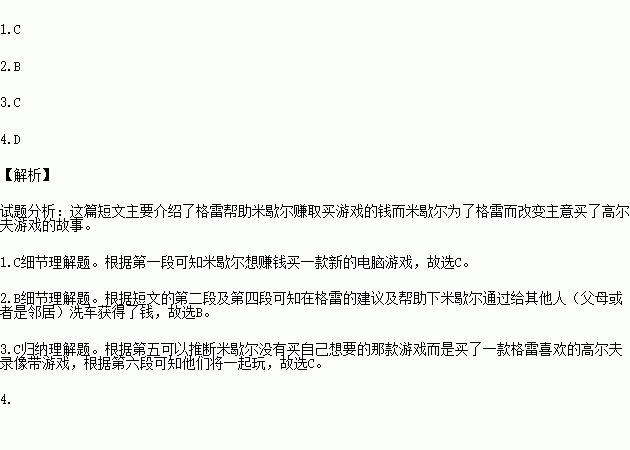Understanding the Role of a Broker
 To make money as a broker, it’s crucial to first understand the role you’ll be playing. A broker acts as an intermediary between buyers and sellers, facilitating transactions in various markets such as stocks, real estate, or commodities. Your primary responsibility is to provide clients with valuable insights, advice, and access to markets that they might not have on their own.
To make money as a broker, it’s crucial to first understand the role you’ll be playing. A broker acts as an intermediary between buyers and sellers, facilitating transactions in various markets such as stocks, real estate, or commodities. Your primary responsibility is to provide clients with valuable insights, advice, and access to markets that they might not have on their own.
Choosing the Right Market
 The first step in making money as a broker is to choose the market you want to specialize in. Each market has its unique characteristics, risks, and opportunities. For instance, the stock market offers high liquidity and potential for significant returns, but it also comes with high volatility. On the other hand, real estate markets may provide more stable returns but require a longer time frame and a deeper understanding of the local market.
The first step in making money as a broker is to choose the market you want to specialize in. Each market has its unique characteristics, risks, and opportunities. For instance, the stock market offers high liquidity and potential for significant returns, but it also comes with high volatility. On the other hand, real estate markets may provide more stable returns but require a longer time frame and a deeper understanding of the local market.
Here’s a brief overview of some popular markets:
| Market | Characteristics | Return Potential | Volatility |
|---|---|---|---|
| Stock Market | High liquidity, diverse investment options | High | High |
| Real Estate Market | Stable returns, long-term investment | Medium to High | Low |
| Commodities Market | Physical goods, diverse investment options | Medium to High | High |
Building a Strong Network
 A successful broker relies on a strong network of clients, colleagues, and industry contacts. Networking can help you identify potential clients, learn about market trends, and stay informed about new opportunities. Attend industry events, join professional organizations, and engage with potential clients on social media to build your network.
A successful broker relies on a strong network of clients, colleagues, and industry contacts. Networking can help you identify potential clients, learn about market trends, and stay informed about new opportunities. Attend industry events, join professional organizations, and engage with potential clients on social media to build your network.
Acquiring the Necessary Qualifications
To become a broker, you’ll need to acquire the necessary qualifications and licenses. The requirements vary depending on the market you choose to specialize in. For example, to become a stockbroker, you’ll need to pass the Series 7 exam and obtain a license from the Financial Industry Regulatory Authority (FINRA). Similarly, to become a real estate broker, you’ll need to complete a real estate licensing course and pass the state exam.
Developing Your Trading Strategy
Once you have the necessary qualifications and a strong network, it’s time to develop your trading strategy. Your strategy should be tailored to your market, risk tolerance, and investment goals. Consider the following factors when developing your strategy:
-
Market Analysis: Stay informed about market trends, economic indicators, and company news to make informed decisions.
-
Asset Allocation: Diversify your portfolio to manage risk and maximize returns.
-
Time Horizon: Determine how long you plan to hold your investments and adjust your strategy accordingly.
-
Investment Style: Choose a strategy that aligns with your risk tolerance and investment goals, such as growth, income, or value investing.
Managing Risk
As a broker, it’s essential to manage risk effectively. This involves diversifying your portfolio, setting stop-loss orders, and staying informed about market conditions. Remember that all investments carry some level of risk, and it’s crucial to only invest money you can afford to lose.
Building Client Trust
Building trust with your clients is key to a successful brokerage career. Be transparent about your fees, provide personalized advice, and always act in your clients’ best interests. Establishing a strong relationship with your clients can lead to long-term business and referrals.
Continuous Learning and Adaptation
The financial markets are constantly evolving, and it’s essential to stay informed and adapt to changes. Attend workshops, read industry publications, and network with other professionals to keep your knowledge up to date. Continuous learning will help you stay competitive and provide the best possible service to your clients.By following these steps and continuously refining your skills, you can make money as a broker. Remember that success in this field requires dedication, hard work, and a genuine passion for helping others achieve their financial goals.


